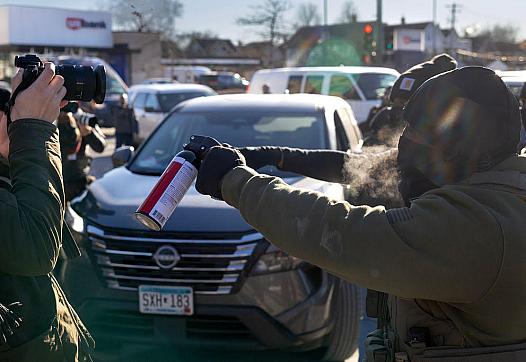
While mounting pressures cut across the profession, they fall heaviest on freelancers, self-employed journalists and those from community and ethnic media.

While mounting pressures cut across the profession, they fall heaviest on freelancers, self-employed journalists and those from community and ethnic media.
Inside detention centers and federal buildings like Manhattan’s 26 Federal Plaza, children are separated from their parents, held in undisclosed locations, and left with emotional and physical wounds.
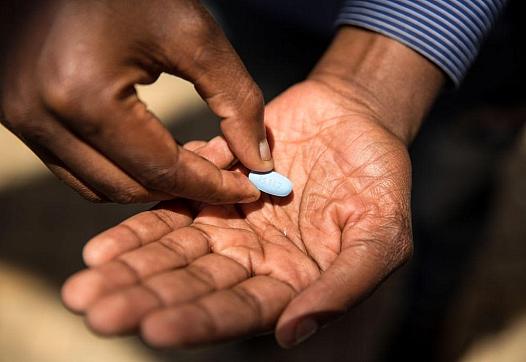
While Black gay and bisexual men experience higher rates of HIV, PrEP remains less accessible to many in this community.
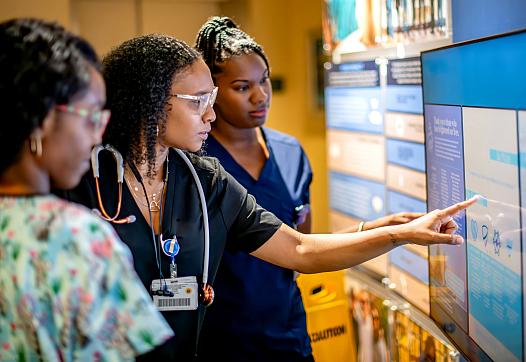
There’s growing evidence that medicine risks losing talent from poor and working-class, Black and Latino communities. Ultimately, patient care will suffer as a result.
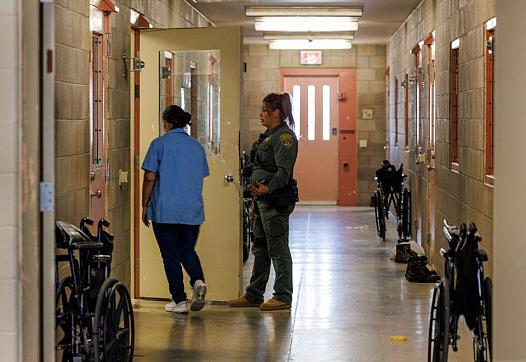
Even in states that require products to be supplied, advocates say uneven rules and lax enforcement leave women scrambling.
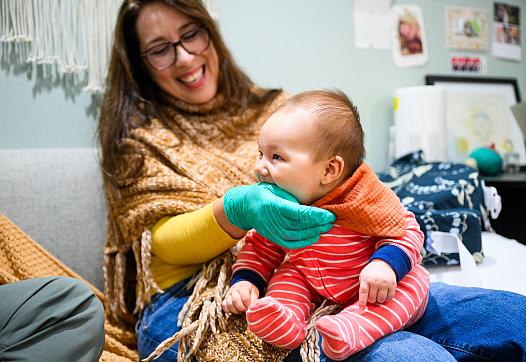
In a state known for innovation, maternal deaths still fall hardest on Black, Indigenous and low-income families.

A Black parenting program is federally approved but underfunded, as strict evidence rules and bureaucracy block access to prevention dollars meant to reduce foster care disparities.
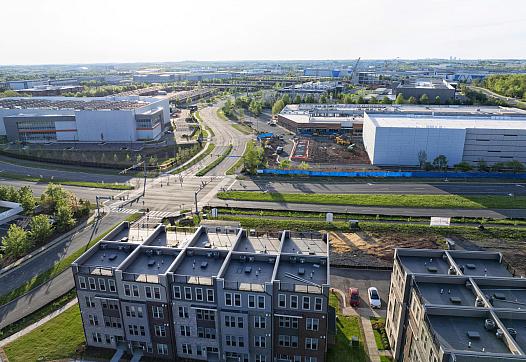
As the data center building spree continues and the federal government rolls back environmental and health protections, the health toll will be heaviest in marginalized communities.
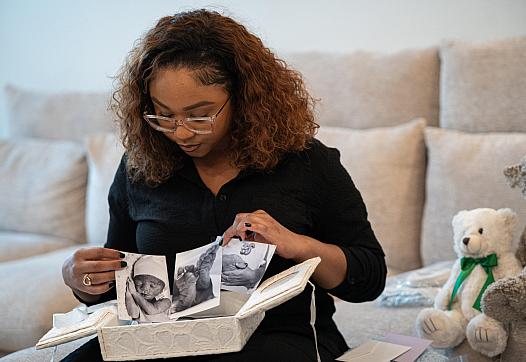
Stories of preeclampsia, ignored pain and systemic racism show how preventable failures cost Black women and babies their lives.
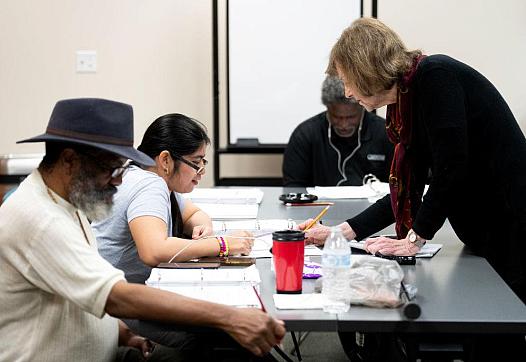
Adult literacy challenges deepen health inequities, limit opportunity and are linked to incarceration. Even so, efforts to boost literacy remain underfunded and underreported.